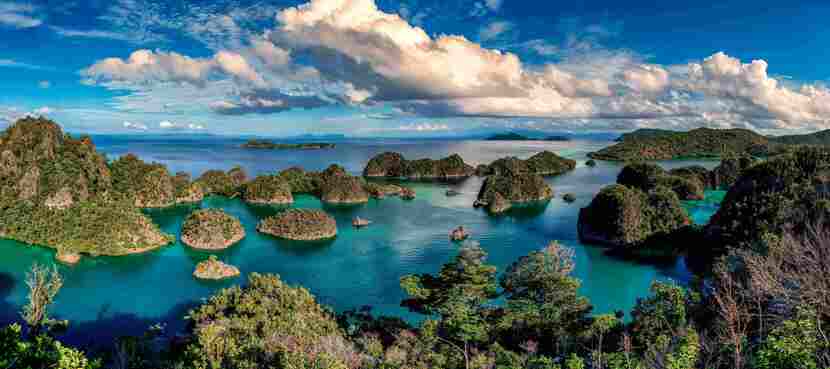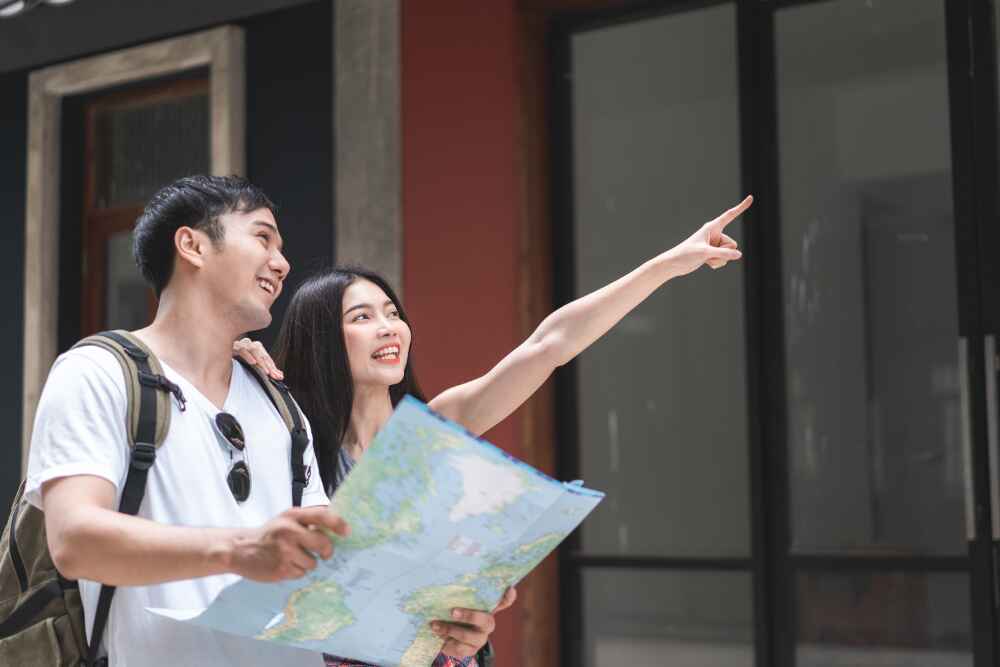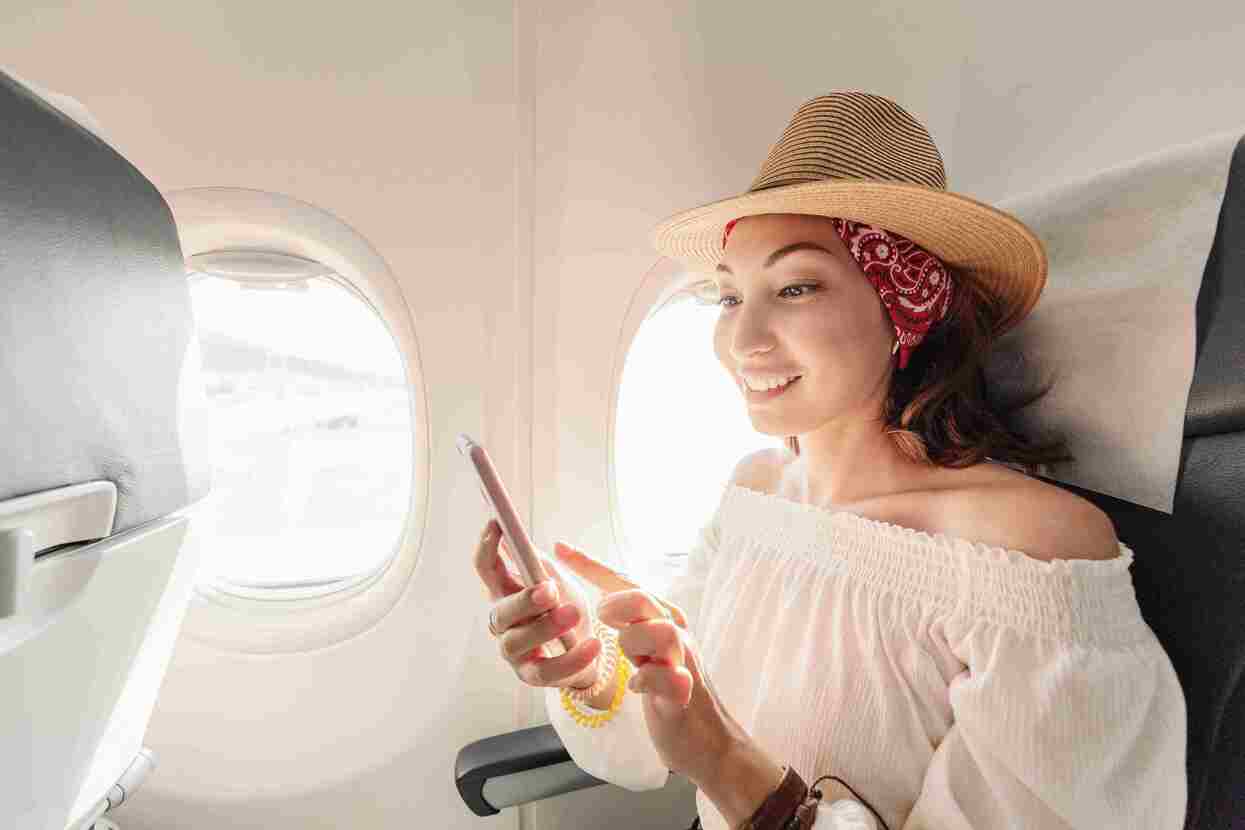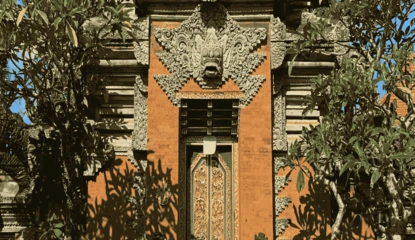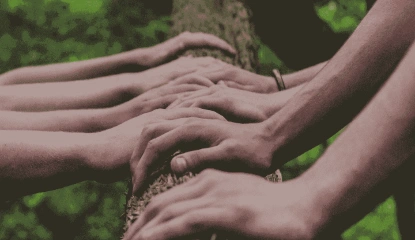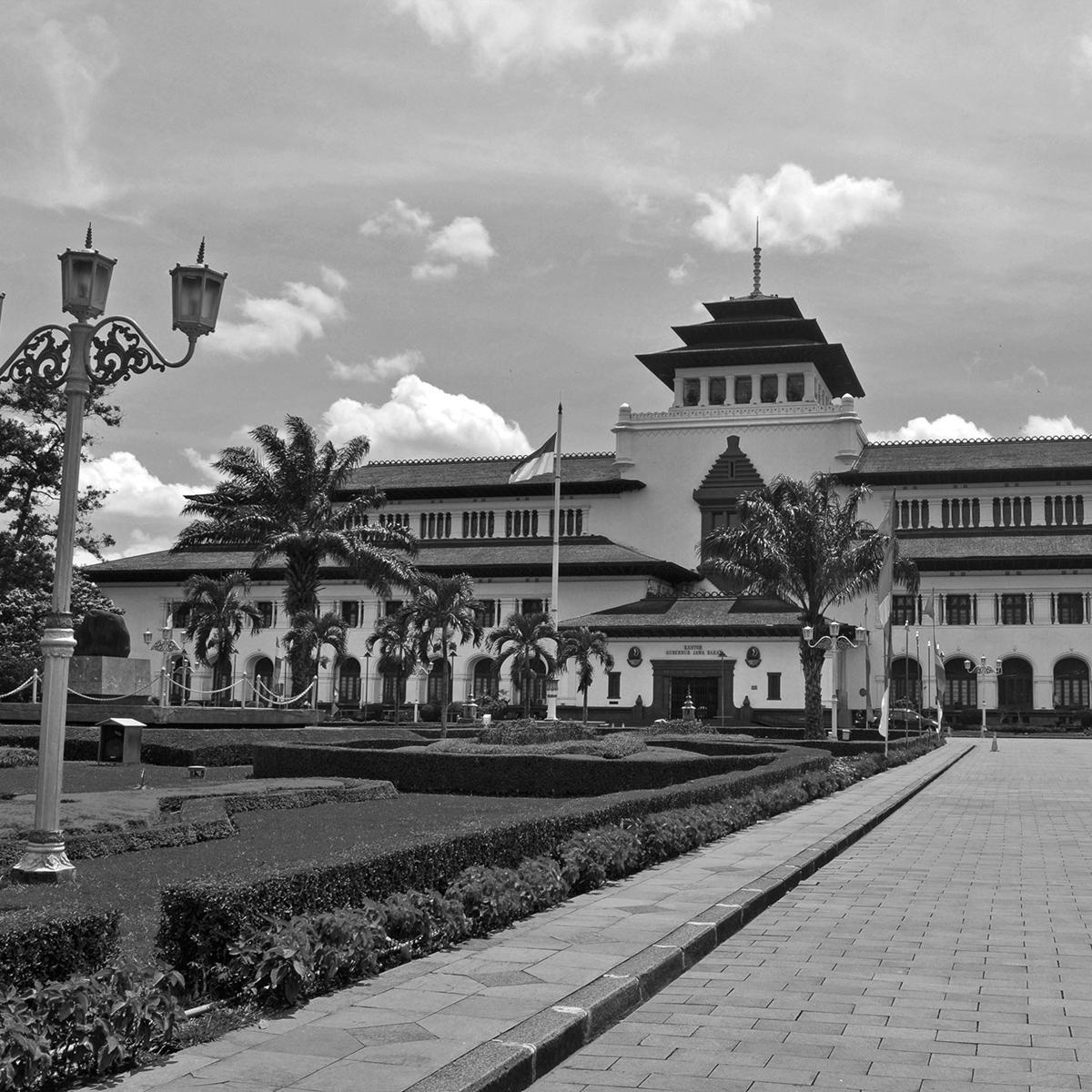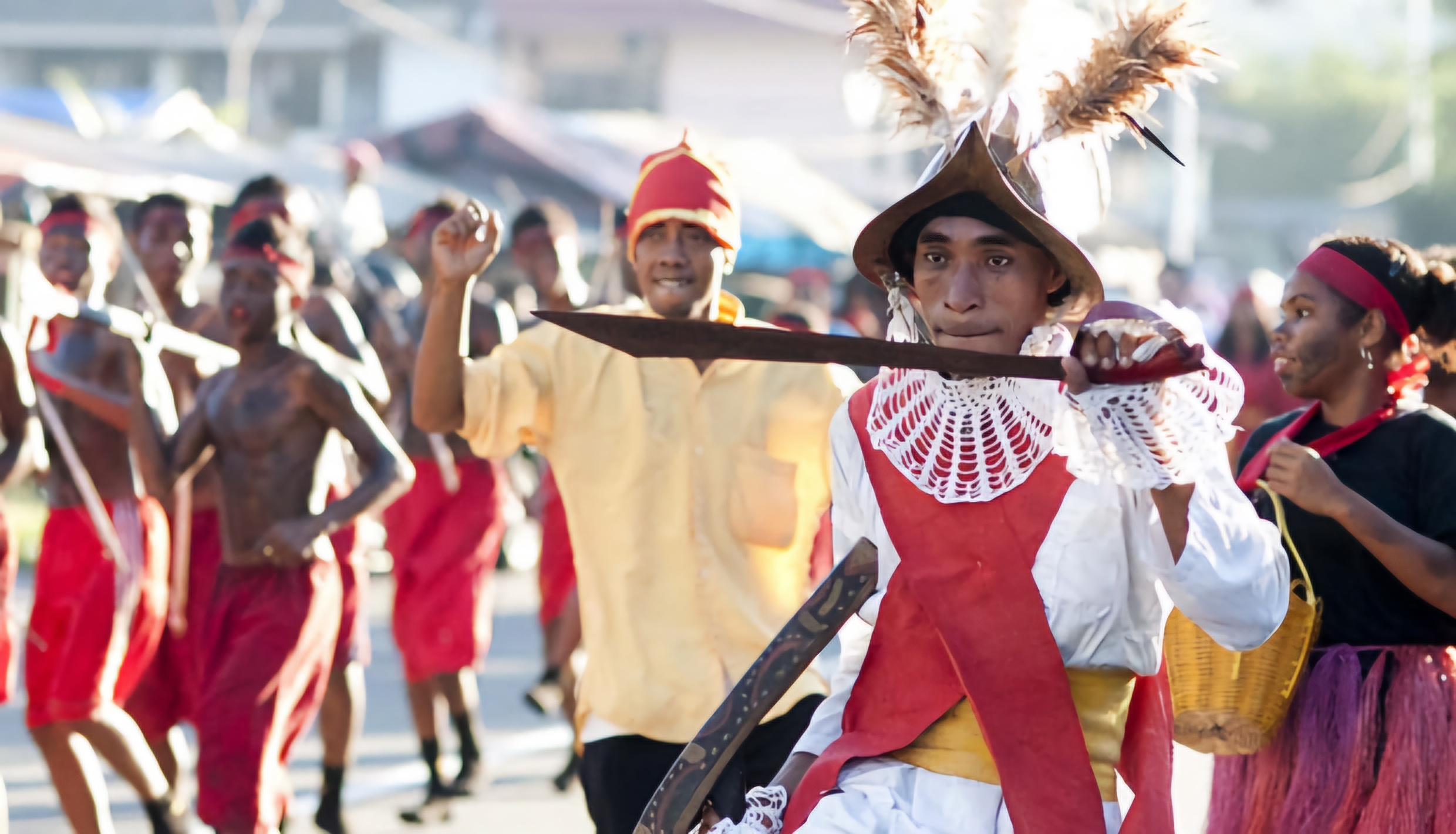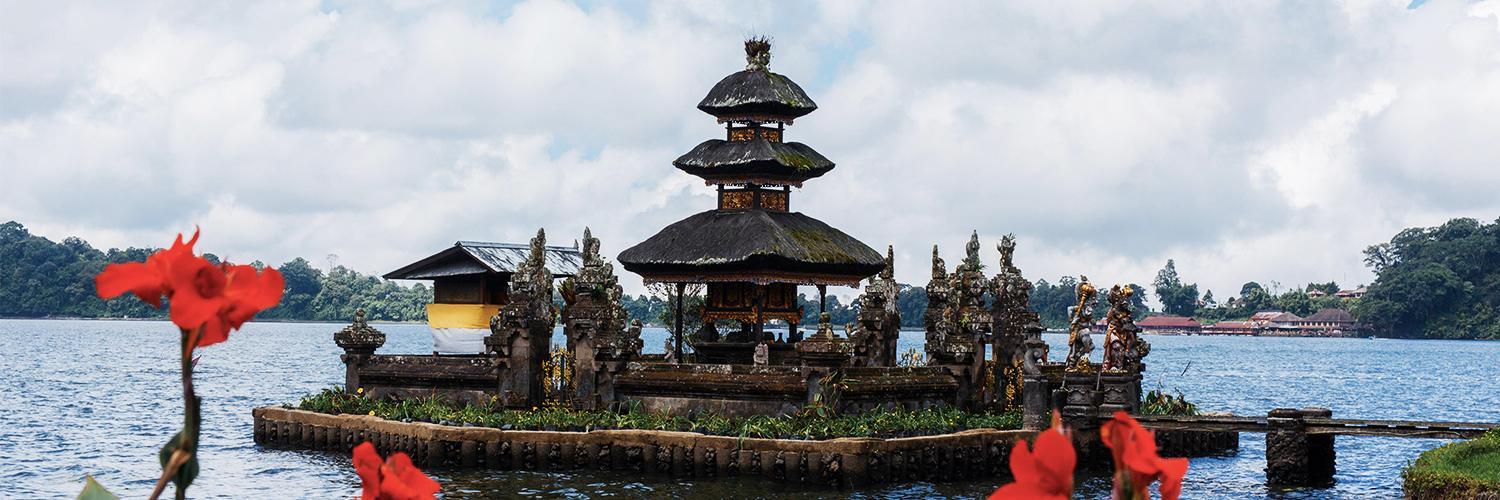In response to the spread of Covid-19 in Indonesia after the implementation of PPKM (Public Activity Restrictions) that has been in effect since July 3, 2021, the government decided to extend the Emergency PPKM until July 25, 2021. President Jokowi also stated that if the Covid-19 cases continue to decrease, the government will begin a phased reopening on July 26, 2021, and in the future, the term "Emergency PPKM" will no longer be used. Instead, a new classification will be implemented, ranging from level 1 to level 4.
Here is a detailed explanation of the regulations in the Jawa Bali PPKM:
-
Non-essential office activities must implement a 100% work from home (WFH) policy.
-
Teaching and learning activities must be conducted online.
-
The industrial sector is allowed to operate with strict health protocols. Essential sectors can operate with a maximum of 50% staff working from the office (WFO), while critical sectors are allowed to operate with 100% staff working from the office (WFO).
Essential sectors include finance and banking, capital markets, payment systems, information and communication technology, non-quarantine hotels, and export-oriented industries. Critical sectors include energy, health, security, logistics and transportation, food and beverage industries, petrochemicals, cement, vital national objects, disaster handling, national strategic projects, construction, basic utilities (electricity and water), and industries providing daily necessities.
-
Supermarkets, traditional markets, convenience stores, and other daily necessity outlets are limited to operating hours until 8:00 PM local time, with a 50% visitor capacity. Pharmacies and drugstores can operate 24 hours.
-
Dining activities in public places (restaurants, cafes, street vendors, food stalls) either in independent locations or shopping malls, are limited to delivery or take-out only, no dine-in.
-
Construction activities (construction sites and project locations) are allowed to operate 100% with stricter health protocols.
-
Worship places such as mosques, churches, temples, and other places of worship are temporarily closed.
-
Public facilities (public areas, parks, tourist spots, and other public spaces) are temporarily closed.
-
Cultural, artistic, sports, and social activities (including art and cultural venues, sports facilities, and social activities that cause crowds) are temporarily closed.
-
Public transportation (public vehicles, mass transit, taxis (conventional and online), and rental cars) will operate at a maximum capacity of 70% with stricter health protocols.
-
Wedding receptions are limited to a maximum of 30 people, with stricter health protocols, and no eating at the reception venue. Food can still be provided in closed containers for take-away.
-
Travelers using long-distance transportation (planes, buses, and trains) must show a vaccination card (at least the first dose) and a PCR test (H-2 for flights and antigen test (H-1) for other long-distance modes of transport).
-
Masks must be worn when engaging in activities outside the home. Face shields without masks are not allowed.
-
Micro PPKM in RT/RW red zones remains in effect.
After the end of the level 4 PPKM, starting on July 26, 2021, the government plans to gradually open certain business sectors, such as:
- Traditional markets selling daily necessities are allowed to operate until 8:00 PM with a 50% visitor capacity. Other traditional markets, except those selling daily necessities, can open until 3:00 PM with a maximum of 50% capacity and strict health protocols set by local governments.
- Street vendors, convenience stores, voucher agents/outlets, hair salons, laundromats, hawkers, small workshops, car washes, and similar small businesses can open with strict health protocols until 9:00 PM, with technical arrangements set by local governments.
- Food stalls, street vendors, and similar open-air businesses are allowed to open with strict health protocols until 9:00 PM, with a maximum time of 30 minutes per visitor.
Other activities in essential and critical sectors, whether in government or private sectors, and related to travel protocols will be explained separately.
For those who wish to know more about the full policies of the Emergency PPKM in Jawa Bali, you can see the detailed regulations here.
If you have urgent matters and need to travel, make sure to follow the full travel regulations for domestic travelers (PPDN).
To ensure everyone’s safety, don’t forget to always adhere to the 6M health protocols: wearing a mask, washing hands regularly, maintaining distance, reducing mobility, avoiding crowds, and not eating together. Let’s protect ourselves and our loved ones with these preventive efforts!

